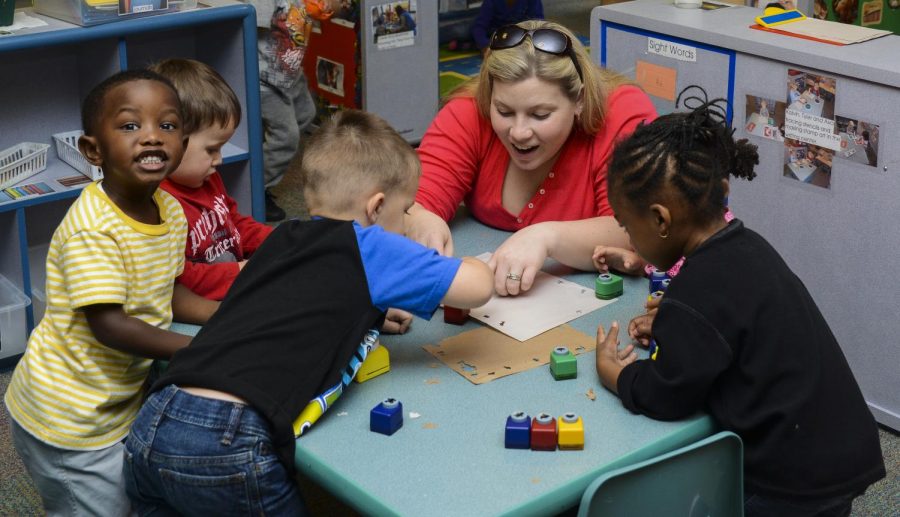Pre-Kindergarten Should be for All
In recent years, it has been known and a concern for smaller children going into Kindergarten to struggle with basic skills and adjustment of attending everyday school. Why is this?
One of the huge factors has to do with the advancement in technology.
Older generations were forced to go outside and play to learn social skills or participate in physical hands-on activities to learn the basic motor skills required.
Nowadays, kids have electronic devices at such young ages, they become addicted so easily. Instead of doing physical activities, they sit around staring at a screen for hours either watching or tapping.
Another major factor is the children who go to pre-kindergarten have parents with the income eligibility, the child is delayed/slower at learning, or their parents work for a school district and have benefits.
Pre-k, depending on where the family lives, can cost $4,400 to $13,200 dollars a year. This would range from a monthly cost of about $372 to $1,100.
What if there was a possible idea to address this issue?
“Pre-K Free for All” would be a program open to the public with no cost or qualifications. Meaning, the program is available for children to receive pre-k learning without their parent(s)/legal guardian(s) having to pay. Any child that is the age of three and a half (sixth months) until they are eligible to start Kindergarten is accepted. No child can be rejected for not having a valid reason, as long as they officially get registered.
The ideal place for the program to be set up would be in every or most elementary schools in a district, but another option could be to have a small building dedicated to the business.
“Pre-K Free for All” will teach children concepts at their own pace through hands-on material, songs, and games to follow along with.
Upon registering a child for pre-kindergarten, children would be assessed on their social, cognitive, motive, and other basic skills. Although, every child will not have every skill, it will help guide those who may work closely with the child and may need more attention to improve.
Since the program is open to the public, it is not required for children to go, it is simply just an option.
Although this program would take a lot of reviewing, arranging, and fundraising, there are multiple beneficial factors:
- It will prepare the children for kindergarten
- Children can practice social skills
- They will gain motor skills and other basic skills to help develop, grow, and survive
- Could help the parent(s)/legal guardian(s) save hundreds of dollars
- Could be viewed as a free daycare but educational towards the children






